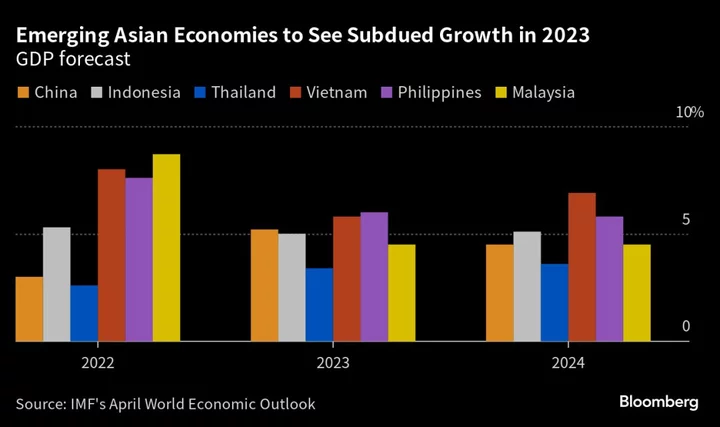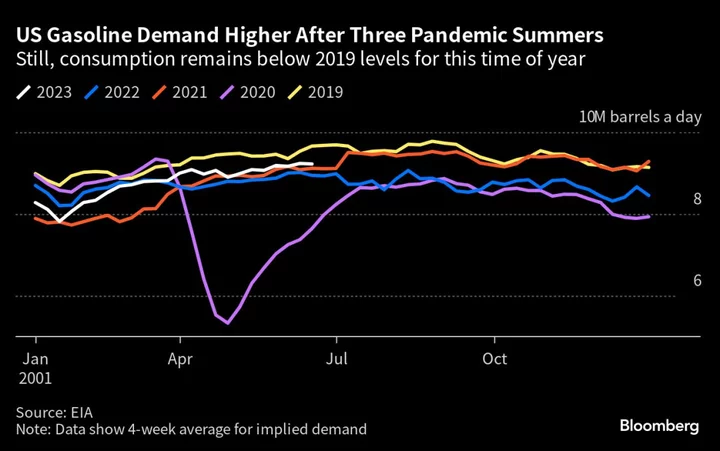By Lucy Craymer
WELLINGTON A National Party-led government has promised to cut government spending in New Zealand, reduce taxes and return the government accounts to surplus. But with coalition agreements yet to be sorted, there remain some questions about its economic policy.
WHAT DO WE KNOW?
Centre-right National won the biggest share of the vote in the general election on Oct. 14. With preferred coalition partner ACT New Zealand, it has a razor thin majority of just one seat. This could be eroded when the final vote is counted.
National is talking to both ACT and New Zealand First to get the numbers to form a government.
"All three want to rein in government spending, return to surplus, and reduce taxes. All three want to restore the tax deductibility of interest expenses for residential property investment, which is likely to immediately perk up investor interest in residential property," said ASB chief economist Nick Tuffley in a note.
GOVERNMENT DEBT
The Pre-election Fiscal Update forecast the government would record three more years of deficits in part due to the deterioration of the economy. Both National and ACT have committed to maintaining that track to surplus but want to reduce the size of deficits in each of those three-years.
To do so, National plans to cut spending on the public service by around NZ$600 million ($350 million) annually, while promising to boost spending on frontline staff in the health and education sectors.
ACT wants to go further. It has said it will scrap a number of ministries and axe around 15,000 public service jobs, reducing the headcount to levels seen in 2017.
TAX CUTS
National intends to allow foreigners to buy houses worth more than NZ$2 million but tax these purchases at 15%. It forecasts this will provide NZ$700 million more in revenue annually. This has been heavily debated by economists in New Zealand.
Both ACT and National want to reintroduce a tax break that lets property investors deduct some of their mortgage interest costs against what they pay on rental income taxes.
"Looser housing-related policy could add a bit of momentum to the housing market, and thereby possibly inflation and interest rates. But meaningful headwinds cap the upside," ANZ economists said in a note, pointing to high mortgage rates and affordability constraints.
CENTRAL BANK
National and ACT are both keen to return the central bank to focusing solely on inflation, rather than having a dual mandate that takes employment into consideration.
PARTY DIFFERENCES
Differences between the parties will be negotiated during coalition talks. Policies they differ on include immigration, raising the age that people receive an old-age benefit, and limiting foreign investment in New Zealand.
($1 = 1.7144 New Zealand dollars)
(This story has been refiled to correct the dateline to Oct. 19)
(Reporting by Lucy Craymer; Editing by Sonali Paul)









